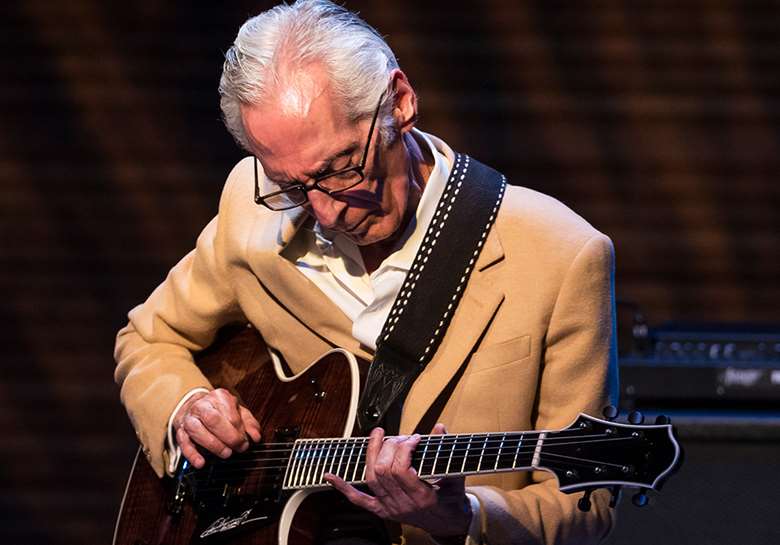Pat Martino: 25/08/1944 - 01/02/2021
Wednesday, November 3, 2021
Bran Priestley pays tribute to the pioneering guitar virtuoso Pat Martino, who died on Monday 1 November at the age of 77 after an eventful and extraordinary career


Register now to continue reading

Thank you for visiting Jazzwise.co.uk. Sign up for a free account today to enjoy the following benefits:
- Free access to 3 subscriber-only articles per month
- Unlimited access to our news, live reviews and artist pages
- Free email newsletter